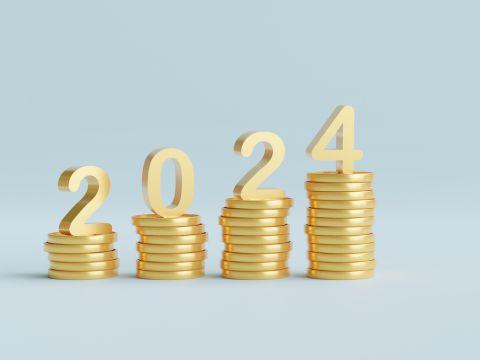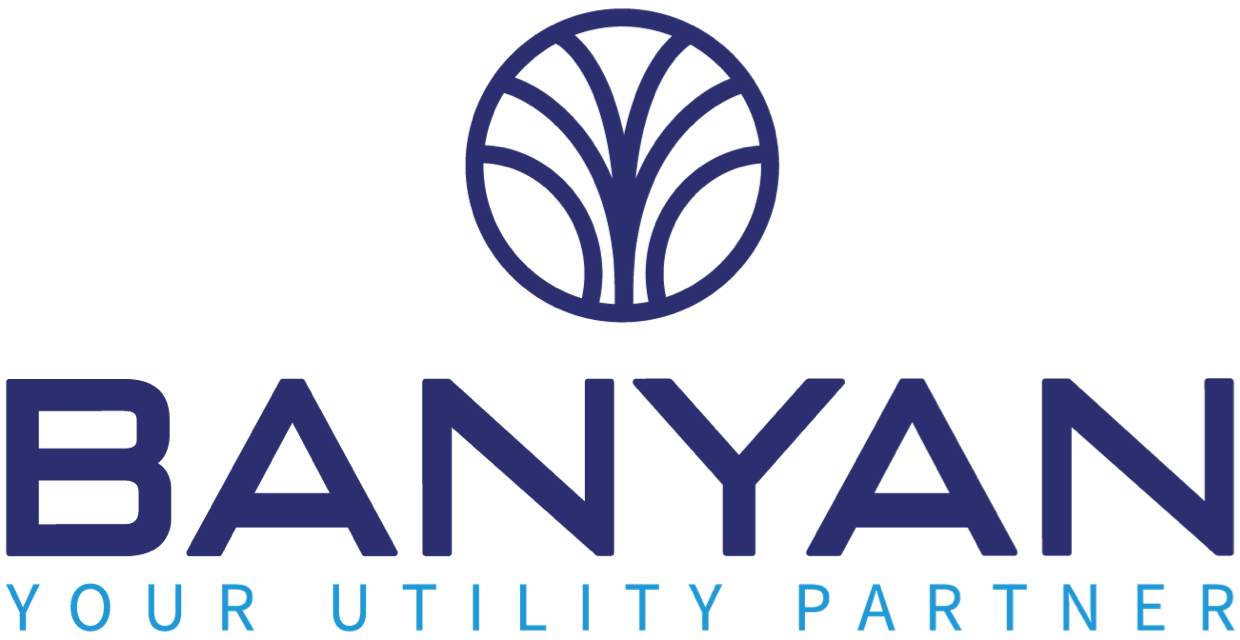
The 11th Hour 2024 Budget Improvements: Ensure Utility Expenses Incorporate Best Practices and Align with Your Organization’s Goals
Budgeting for utilities is an essential aspect of property management, and owners, investors, asset managers, and property management companies typically follow a systematic approach to ensure accurate and effective budgeting.
In our December 21 blog, we discussed the importance of 2024 rate forecasting and how, in the dynamic landscape of multifamily rental communities, savvy owners and landlords know that staying ahead of the curve is not just a competitive advantage—it’s a necessity.
While there are just a few days left in the current year, there is still time to adjust your utilities budget and implement best practices going forward. Here are some important steps and considerations for budgeting and reevaluating utilities in 2024:
Analyze Historical Data: Review historical utility usage and costs for the property. Look at past bills to understand seasonal variations, usage patterns, and anomalies.
Understand Tenant Responsibility: Clearly define which utilities are included in the rent and which are the tenants’ responsibility. Clearly defining and restricting these responsibilities will impact how costs are allocated and budgeted for your organization and the tenant.
Ensure Your Lease Documents Reflect Lawful and Accurate Terms: It is often the case that sections of lease documents contradict other pages of your lease agreement or set standards of tenants that are not lawful in your area or state, which expose you to unexpected liabilities. Having a utility specialist evaluate your lease agreement and addenda is essential to implementing and collecting proper financial responsibilities from your tenants.
Benchmarking: Compare the property’s utility costs to industry benchmarks or similar properties. This consistent benchmarking process can help identify areas where the property may be underperforming or where improvements can be made.
Consider Energy Audits and Efficient Upgrades: Evaluate your energy use through an energy audit. This information will identify potential energy efficiency upgrades, find costly problems that can reduce utility costs, learn how to optimize services to conserve, and understand the ROI for potential improvements. While there may be upfront costs, the savings over time can be significant.
Incorporate Inflation and Rate Increases: Consider inflation and potential utility rate increases when budgeting. Utility costs tend to rise over time; factoring in these increases helps create a more realistic budget.
Engage with Utility Specialists: Communicate with your utility specialists (or utility providers if you have yet to sign up for a service) to completely understand rate structures, billing cycles, and upcoming changes. Your utility specialists will work with you to ensure you have the best rates available and that the burden of the work needing to be performed is mitigated for you and your team. Some providers offer budget billing plans that can help smooth out monthly payments across your fiscal year.
Forecast Occupancy Changes: Consider the impact of changes in occupancy on utility usage. A property with higher occupancy will likely have higher utility costs, so adjust the budget accordingly. You will need to consider seasonality and peak leasing time frames to ensure you are as accurate with your utility expenses as possible.
Implement Submetering: While the practice is standard on newly developed properties, consider submetering individual units or common areas if you do not have it or have been on the fence. While an initial capital investment is required, the ROI on this implementation is substantial immediately and over time. Implementing submetering allows for more accurate usage tracking, and tenants may be billed directly for their consumption.
Reserve and Plan Emergency Funds: Include a contingency or emergency fund in the budget to account for unforeseen circumstances, such as extreme weather events or equipment failures.
Ensure Regular Reviews and Ongoing Analysis: Regularly review and compare the budget to actual expenses. Adjust the budget—quarterly at minimum, as needed—based on changing circumstances, new information, or unexpected changes in utility costs.
Utilize Your Property Management Software Appropriately: Consider using property management software to help automate the budgeting process and provide real-time insights into expenses, including utilities. These tools are typically available with an additional service through your PMS service administrator or an additional third-party budget service software. While manual-entry programs, such as Excel or Sheets, can be utilized, consider a more robust software to assist you with this critical and time-consuming task.
Continuously Educate Your Tenants: Educate tenants about energy conservation practices. Educating them using simple measures, such as turning off lights when not in use or using energy-efficient appliances, can contribute to cost savings.
Owners, investors, asset managers, and property management companies can more effectively manage and control utility costs for their properties by following these steps and staying proactive in monitoring and adjusting the budget to ensure the most accurate and beneficial NOI return.
If you are looking to make a third-party service provider change, mitigate your vacant cost recovery, and/or ensure your utility expenses for your 2024 budget incorporate best practices and align with your organization’s expectations and financial goals, schedule a time to talk to your market specialist by clicking here.
About Banyan
Banyan founded in 2007, is a leader in utility expense management and resident billing services. We are dedicated to providing a sustainable and cost-effective environment through awareness and conservation to help you increase your NOI and achieve your green energy initiatives. Our focus is providing customized utility solutions for our clients and their portfolio of communities in the US and Canada. Our innovative solutions include property management software integration, resident payment processing, in-house collections department, utility expense management, vacant cost recovery, regulatory support and submeter consulting. Banyan has been on the Inc. 5000 list of fastest growing companies six times, including 2019.
